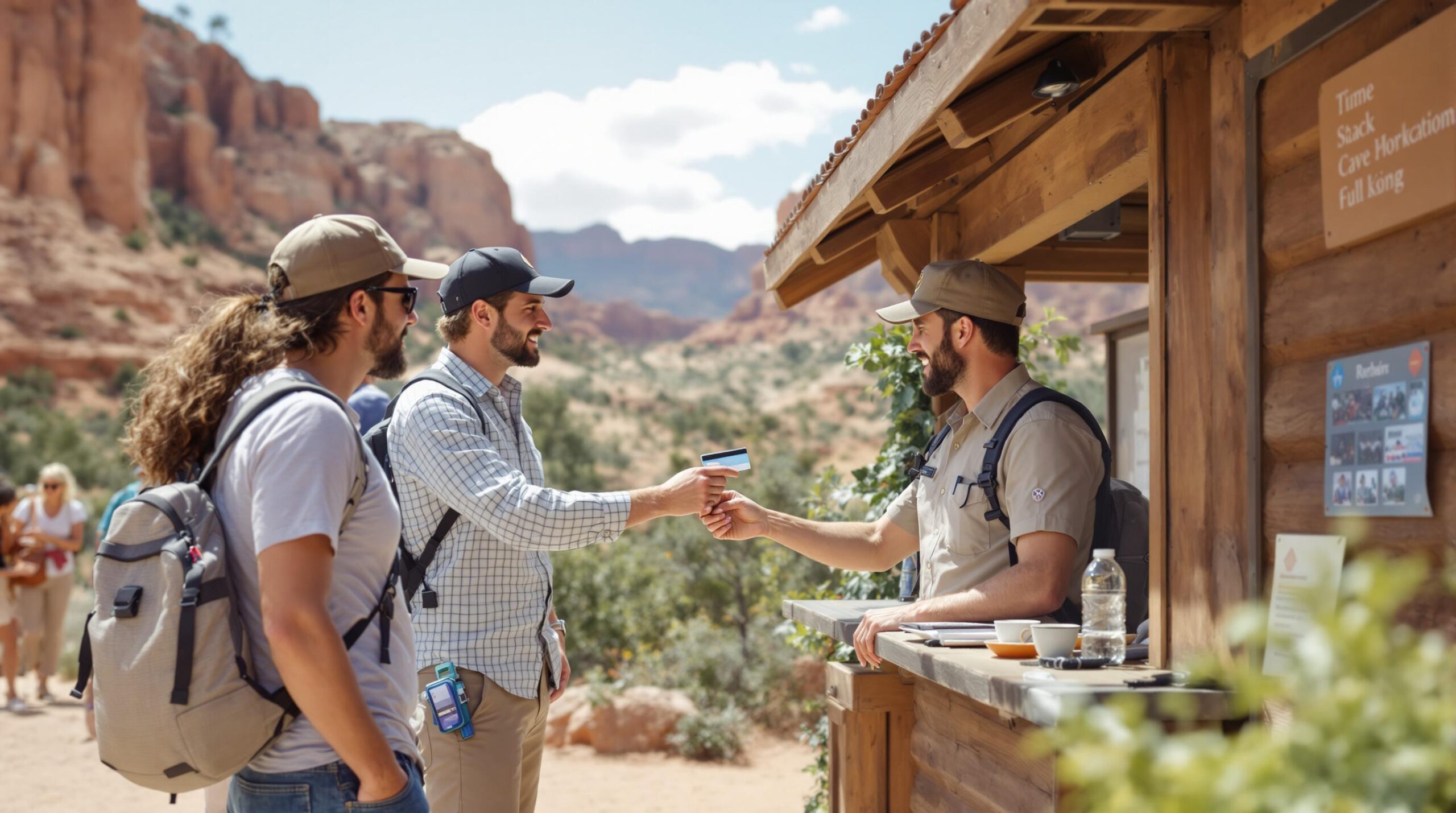Black Canyon of the Gunnison National Park in Colorado has adopted a fully cashless approach for entrance fees, camping reservations, wilderness permits, and other services, according to an announcement. Officials indicated that this move aims to streamline operations by eliminating manual cash counts, audits and deposit runs.
Credit and debit card usage had already accounted for nearly 95% of the park’s in-person sales, as reported by one update. The park has introduced a Scan-and-Pay feature in the Recreation.gov mobile application to address areas with limited connectivity, allowing visitors to scan a QR code, receive a temporary confirmation ID and finalize charges once their device reconnects to the internet.
Officials say this offline option helps guests remain compliant while enjoying parts of the park with minimal cell coverage. They have also cited benefits such as fewer safety risks related to carrying large sums of cash and a faster check-in process at entry points.
Prepayment and reservations are encouraged. Many travelers already use Recreation.gov to secure campsites in national parks and at other federal amenities. Due to the reliance on electronic payments, the park expects more visitors to handle fees before arriving, potentially easing arrival backlogs.
According to the same announcement, resources once spent on sorting, auditing and depositing physical currency will be devoted to visitor services, educational programs and other guest-focused priorities. Western National Parks Association’s park store at the South Rim Visitor Center has also converted to cashless operations, with proceeds continuing to support interpretation and educational programs.
A pending legal case challenges the removal of cash as an option, with a plaintiff asserting that U.S. currency must be accepted for all public fees. The updated filing contends that the general counsel for the Internal Revenue Service advised the agency that it must “accept cash for payment citing the very law defendants continue to violate. Plaintiff simply asks this court to uphold it and re-establish plaintiff’s right to tender government currency at Hyde Park or any other national park.”
Local coverage from K99.com notes that only 16% of Colorado’s in-person transactions currently involve cash. Park representatives say the immediate impact on visitors should be minimal, since most travelers already rely on cards for purchases.
Private campgrounds and hospitality managers are paying close attention to this transition. Many in the industry advocate practical steps to ensure a seamless shift to complete digital transactions, emphasizing the importance of clear signage and tutorials.
Developing thorough staff training is widely considered advantageous, as employees equipped to answer questions about mobile apps or contactless payment processes can reduce wait times and enhance the overall customer experience. Multiple digital payment options are also recommended, including major credit cards and secure contactless methods.
Meanwhile, some experts suggest a temporary transitional phase that accommodates both cashless and limited-contact cash options for guests new to mobile platforms. While camps, RV parks and resorts refine their systems, feedback from visitors can guide improvements without discouraging less tech-savvy travelers.
Facilities in remote areas often adopt offline-ready solutions that store transaction data until a device reconnects to the internet. QR-code payment methods and contingency plans for connectivity disruptions have been identified as ways to preserve accountability while preventing inconvenience.
These practices reflect an approach similar to Black Canyon’s new Scan-and-Pay capability, which aims to preserve convenience for visitors exploring areas with weak coverage. By staying flexible and providing clear instructions, operators can uphold revenue tracking, visitor satisfaction and efficient operations.


